Meet four of the researchers working to create a world without type 1 diabetes
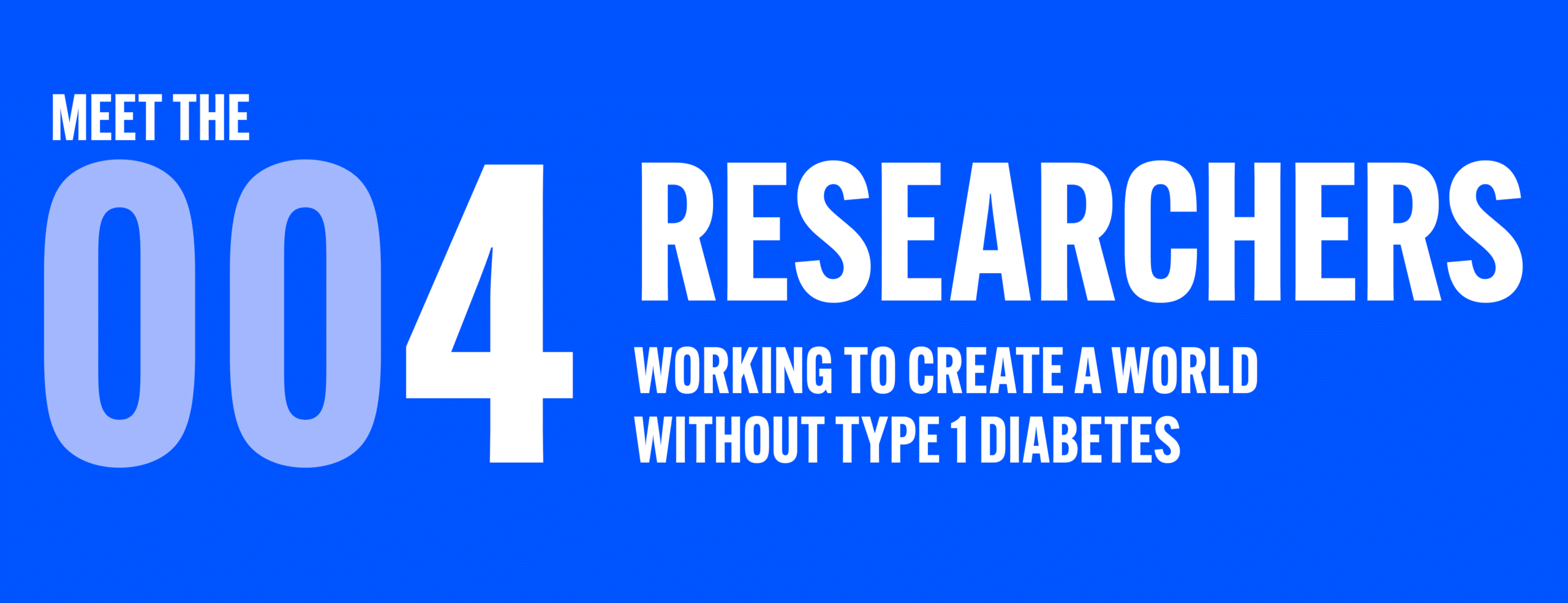
For the past 100 years, the only effective treatment for type 1 diabetes (T1D) has been insulin. For the more than 125,000 Australians living with T1D insulin is a lifesaving medication that regulates the amount of sugar in the bloodstream. Insulin is something that people who don’t live with T1D produce naturally.
Outside of the lifelong regimen of insulin infusions and blood sugar checks, people with T1D are more likely to experience a range of health problems from cardiovascular and kidney issues through to eye problems and depression. Often diagnosed at childhood, T1D is a significant health burden that has long term economic and social impacts.
Despite advances that have helped people with type 1 diabetes live longer, healthier lives, a century later insulin remains the only treatment option. At JDRF, the leading funder of T1D research in the world, we believe we shouldn’t have to wait another 100 years for the next major breakthrough. This is why we fund Australia’s best and brightest T1D researchers to help deliver on our vision – a world without type 1 diabetes.
But we cannot do this without your help.
Read further below on some of the most promising research we’re funding for T1D and click here to help JDRF stop type 1 diabetes!
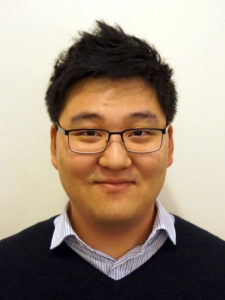
Dr. Ki Wook Kim is looking at what causes T1D. It’s known that viruses are important to the development of T1D – but what specific types of viruses are the culprits? Dr Kim wants to find out so that researchers can fast-track the development of vaccines against these viruses, and ultimately prevent T1D.
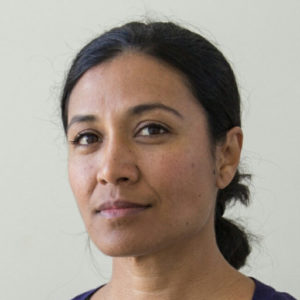
Dr. Aveni Haynes is looking at pre-empting the onset of T1D. Researchers know that changes in blood glucose levels (BGLs) begin months or even years before people start showing physical symptoms of T1D. Dr Haynes wants to study these changes in young children, with the aim of using this information to detect T1D earlier, helping children to avoid serious complications.
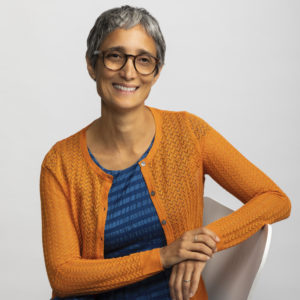
Prof. Helen Thomas has found a way to potentially change the course of T1D using a rheumatoid arthritis drug – baricitinib. Baricitinib has the potential to slow down or even stop the destruction of insulin-producing cells. This treatment could help people newly diagnosed with T1D to produce insulin naturally for longer.
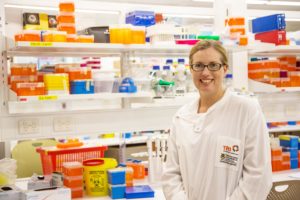
A/Prof Emma Hamilton-Williams is looking to answer 2 key questions – do bacteria in our gut (digestive system) trigger the development of T1D, and how does this occur? This research could lead to new therapies that target gut bacteria, and ultimately prevent T1D.
From now until June 30, any donations over $2 made to JDRF are tax-deductible. This will mean researchers like Dr Kim, Prof Thomas, Dr Haynes and A/Prof Hamilton-Williams will be able to continue their work. Could you be the 1 to help end a century long wait for the next breakthrough? Donate here.




